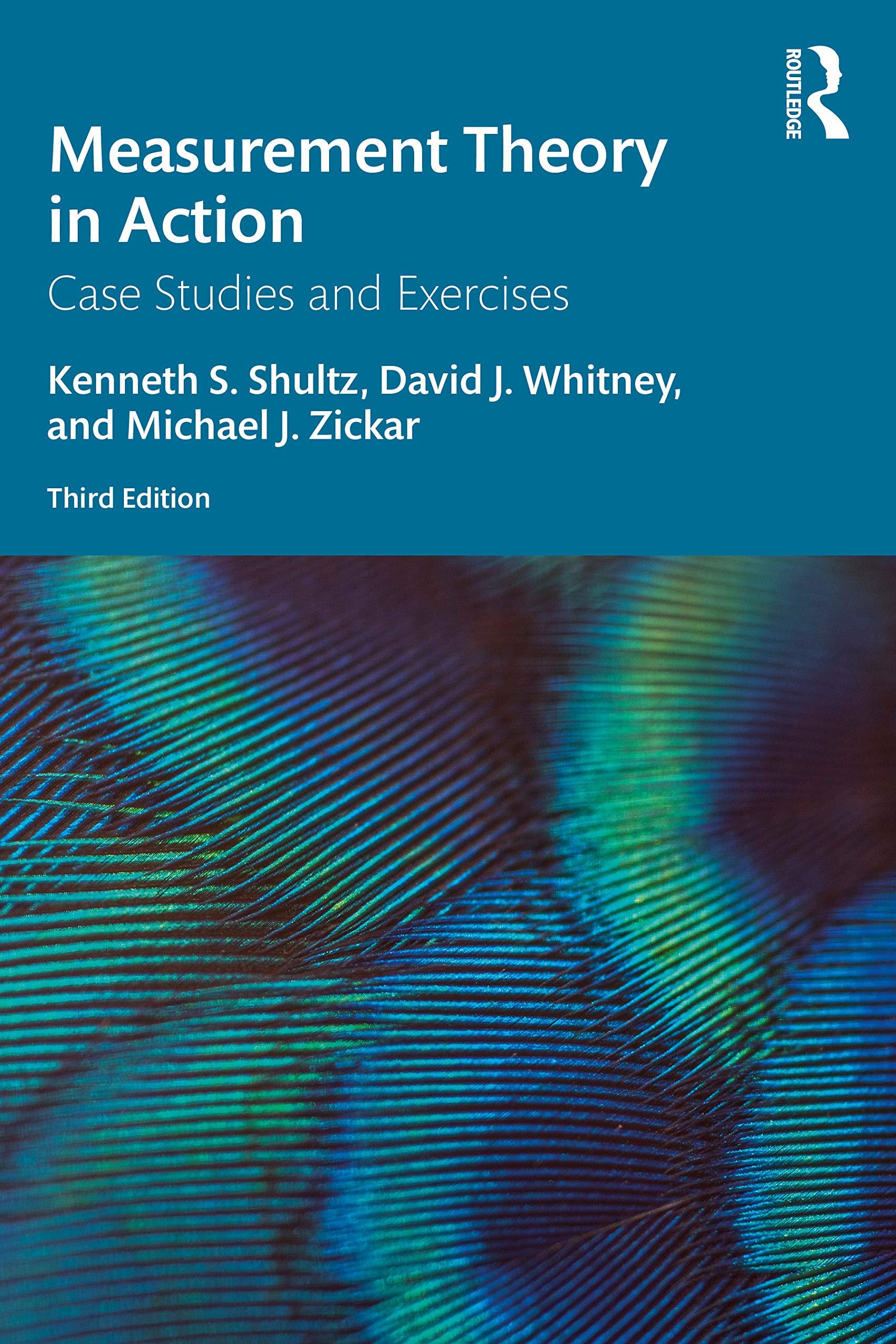Benjamin, a college senior who had a dual major in psychology and marketing, decided he wanted to
Question:
Benjamin, a college senior who had a dual major in psychology and marketing, decided he wanted to complete his undergraduate honors thesis in the area of consumer psychology. Specifically, he was interested in determining how well young children were able to recall a series of visual only (e.g., magazine advertisements), auditory only (e.g., radio commercials), and combined visual and auditory (e.g., television commercials) advertisements for Lego® building toys. He had learned in his undergraduate tests and measurements class that most of the time we were interested in looking at individual differences within our subjects. In this case, would it be who was able to remember one type of advertisement better than another? That didn’t really seem to be the issue of major concern here. Why would advertisers be interested in the type of preadolescent who remembered one type of advertisement better than others his age? Maybe it would allow advertisers to target their product to specific children (e.g., those who watch PBS programming versus those who watch network or cable programming).
On second thought, Benjamin wondered whether the real issue was which method of advertising was most likely to be remembered by a “typical” child. If so, it seemed as if he should really be more interested in scaling different types of advertising modalities (i.e., stimuli) than in scaling subjects. By doing so, advertisers could determine which modalities would produce the best recall and thus how to most effectively spend their advertising dollars. As Benjamin thought some more, he began to wonder if it was the response that was really of most interest. That is, who cares if the child recalls the advertisement or not, isn’t the bigger issue whether the child (or his or her parents) actually buys the toy (i.e., their response)? Maybe he needed to scale the responses children have to the different modes of advertisement, not the subjects or stimuli. Suddenly, it all seemed rather confusing. So, it was off to his advisor’s office to get some advice and direction.
Questions
1. What type of scaling should Benjamin be most concerned with? Subject, stimulus, or response? Why?
2. Who should Benjamin get to serve as participants for his study?
3. Would he be better served with a random sample of children or with a relatively homogeneous group of subject matter experts (SMEs) for his scaling study?
4. What level of measurement data is Benjamin dealing with?
5. Will Benjamin actually have to do several scaling projects to get the information he needs?
Step by Step Answer:

Measurement Theory In Action
ISBN: 9780367192181
3rd Edition
Authors: Kenneth S Shultz, David Whitney, Michael J Zickar





